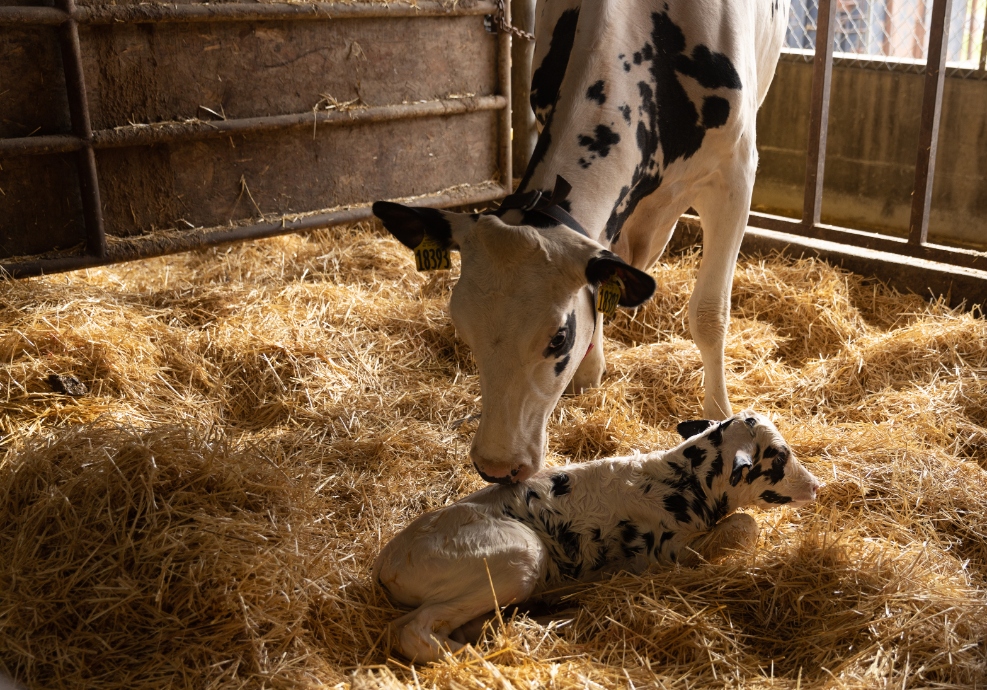The U.S. Department of Agriculture’s National Veterinary Services Laboratory confirmed a detection of Highly Pathogenic Avian Influenza H5N1 in dairy cows in northeast Colorado.
This is the first detection of avian influenza diagnosed in cattle in Colorado. Detections of HPAI in dairy cattle have occurred in eight other states.
On Monday, April 22, the Colorado State Veterinarian’s office received a notification of a dairy herd demonstrating clinical signs consistent with HPAI in cattle. Samples submitted to the Colorado State University Veterinary Diagnostic Laboratory tested presumptive positive for HPAI on April 24, and were confirmed by the USDA’s National Veterinary Services Laboratory on April 25.
“We continue to see this ongoing HPAI outbreak evolve and over the last month have seen transmission of the virus now move into dairy cattle. While we don’t yet completely understand the mechanism of transmission of this virus, we do know that it appears to be spreading from cow to cow and between herds,” said Colorado State Veterinarian Dr. Maggie Baldwin. “It is critically important that producers implement enhanced biosecurity measures to mitigate the spread of highly pathogenic avian influenza.”
Dairy cattle affected by HPAI are reported to have decreased feed intake, decreased milk production, and abnormal colostrum-like milk. Affected cattle appear to recover after supportive care.
The USDA tracks infections in livestock and provides additional resources on its website. Colorado’s HPAI response webpage will be regularly updated on the state’s response to the ongoing HPAI outbreak. Additionally, CDA is working with the Colorado Department of Public Health and Environment to provide disease control guidance for people exposed in the outbreak. Colorado has 106 dairies and approximately 200,000 dairy cows.
Milk safety and public health
USDA and FDA have stated that because commercial milk products are pasteurized before entering the market, at this time there is no concern about the safety of the commercial milk supply, or that pasteurized milk poses a risk to consumer health. Pasteurization has continuously proven to inactivate bacteria and viruses in milk.
Despite the detection of HPAI in dairy cattle, the risk to the general public remains low, per CDC. H5N1 remains mainly an agricultural issue in poultry and now in dairy cows. Two human cases of H5N1 have been reported in the United States, one in Colorado in 2022 and one in Texas in 2024. Both cases had minimal symptoms following exposure to infected animals. No person-to-person spread has been identified associated with the current H5N1 virus. More information is available on CDC’s website regarding the H5N1 Bird Flu Current Situation.
USDA federal order
In order to continue to monitor and understand the extent of this virus, and reduce the risk of further disseminating HPAI H5N1 virus, resulting in greater threats to poultry and livestock, the USDA issued a federal order requiring the following measures, effective April 29.
- Mandatory reporting of HPAI cases in cattle to the USDA; and
- Mandatory testing for all lactating dairy cattle moving interstate.




